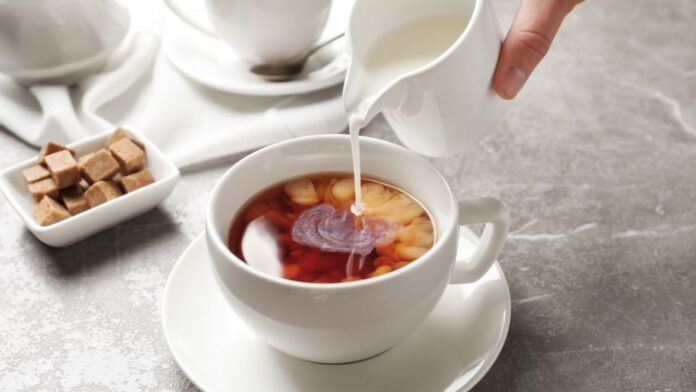Milk tea is a morning staple in nearly every Indian household, but many people enjoy multiple cups throughout the day to stay active or satisfy their sweet cravings. However, new guidelines from the ICMR warn against excessive consumption of milk tea and coffee. They point out that the tannins in caffeinated beverages can inhibit iron absorption in the body. Besides the frequency of consumption, nutrition experts also caution against overboiling milk tea, as it can reduce nutrients, cause acidity, and potentially produce carcinogens.
Side Effects of Overboiling Milk Tea
- Nutrient Loss: Excessive boiling can degrade nutrients in milk, such as vitamins B12 and C.
- Taste Alteration: Overboiling milk can result in a burnt taste, which is often unpleasant.
- Harmful Compounds: High temperatures can trigger the Maillard reaction, where lactose reacts with proteins, potentially forming harmful compounds if consumed in large amounts over time.
- Changes in Tea Compounds: Prolonged boiling can break down beneficial compounds like catechins and polyphenols, reducing the tea’s antioxidant properties.
- Potential Carcinogens: Overheating may produce compounds like acrylamide, particularly if carbohydrates are present. Although typical overboiling of milk tea is unlikely to produce significant amounts, acrylamide is a potential carcinogen.
- Digestive Discomfort: Overboiling can denature milk proteins, altering their structure and potentially making them harder to digest.
- Acidity and pH Changes: Excessive boiling can change the pH of the milk tea, making it more acidic, which can worsen symptoms such as heartburn or stomach discomfort.

 हिंदी
हिंदी






